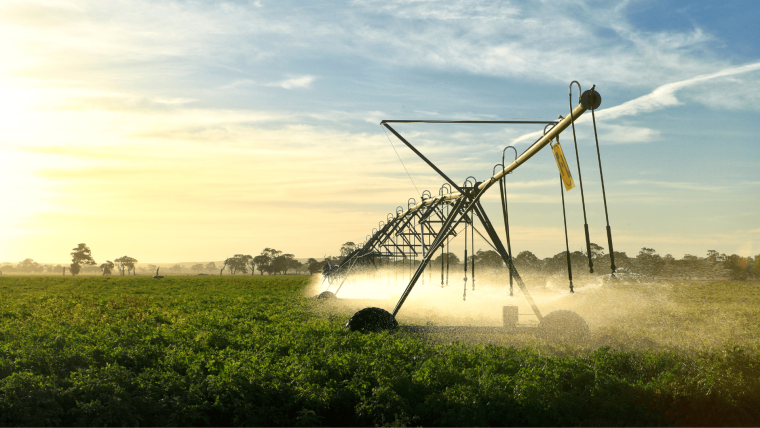In the face of advancing climate change, the agricultural sector is not exempt from the need to adapt to temporary and regional water shortages. These water shortages entail considerable harvest loss and substantial economic difficulty for agricultural enterprises. To mitigate these consequences, the Bauhaus-Universität Weimar is developing and testing an innovative process concept together with the Thüringer Bauernverband (TBV, Thuringia’s farmers’ association) and industrial partners from Thuringia. It will enable the agricultural sector to use treated wastewater for artificial irrigation all year round. The utilization of the precious resource water that this new form of irrigation facilitates will be independent from precipitation, as well as more precise in terms of both timing and application site.
The ‘FarmWater’ project contributes to the value chain optimization of agricultural enterprises and to the mitigation of future regional usage conflicts concerning the resource water. Furthermore, the competences that are developed in the project can be used long-term to create solutions that are applicable on a super-regional scale. They thus contribute to the management of the global problem. ‘FarmWater’ aims additionally to increase public approval of central and decentral water reuse as well as to improve social water literacy through the outreach work that is conducted accompanying the project.

